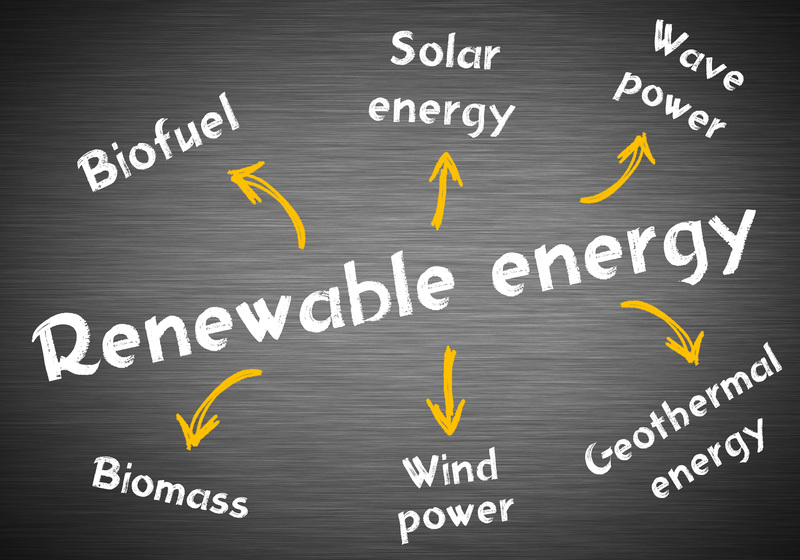Posted on 05/05/2025
Effective Bin Usage
Managing waste effectively is essential for both environmental and economic reasons. Proper bin usage can significantly reduce our carbon footprint, save money, and enhance the quality of life. This article aims to provide valuable insights on effective bin usage, including tips, benefits, and potential drawbacks.
Understanding Bin Types
Before delving into the nitty-gritty of effective bin usage, it's critical to understand the different types of bins available:
- Recycling Bins: These bins are designated for materials that can be recycled, such as paper, glass, plastic, and metal.
- Compost Bins: Used for organic waste like food scraps and yard waste, which can be decomposed to create nutrient-rich soil.
- General Waste Bins: Meant for items that cannot be recycled or composted.
- Hazardous Waste Bins: Designed for materials that could pose a risk to health or the environment, such as batteries, chemicals, or electronic waste.

Tips for Effective Bin Usage
Segregate Waste Properly
One of the primary steps in effective bin usage is segregating waste into appropriate categories. This makes recycling and composting processes much more efficient.
Educate and Inform
Awareness is crucial. Educate family members, colleagues, or employees on the importance of proper waste segregation and how to do it correctly.
Regularly Monitor and Maintain Bins
Ensure bins are not overflowing and are frequently emptied. Regular cleaning and maintenance can prevent unpleasant odors and health hazards.
Pros of Effective Bin Usage
- Environmental Benefits: Reduced landfill use, lower greenhouse gas emissions, and conservation of natural resources through recycling and composting.
- Economic Advantages: Cost savings on waste disposal, potential revenue from recycled materials, and reduced need for new raw materials.
- Health and Safety: Cleaner living environments reduce the risk of diseases and enhance overall well-being.
Cons of Effective Bin Usage
- Initial Costs: Investment is required to set up different bins and perhaps educate everyone involved.
- Time and Effort: Segregating waste correctly demands time and diligence, which some might find cumbersome.
- Potential Odors: Improper management of compost bins could lead to unpleasant smells if not handled correctly.
Actionable Tips
- Use clear labels on each bin to indicate what waste belongs in which bin.
- Keep bins accessible to encourage proper use.
- Establish a regular cleaning schedule to maintain bin cleanliness and hygiene.
- Offer training sessions or informational leaflets about effective waste segregation.

Key Takeaways
Effective bin usage not only helps in waste management but also plays a vital role in environmental conservation and economic savings. It requires a bit of investment and effort but pays off in numerous ways, including health benefits and reduced ecological impact.
Conclusion
Effective bin usage is more than just a household chore--it's a responsibility that has far-reaching implications. By understanding the types of bins and employing effective waste management strategies, we can contribute significantly to a healthier planet. Despite the initial challenges and effort involved, the numerous advantages make it a worthwhile practice.
Implement these tips and strategies for effective bin usage and witness the positive changes in your environment and lifestyle. Make the shift today for a sustainable tomorrow.
Latest Posts
Tips for Proper Disposal of Regular Waste
Garbage Cleanup Bags - Efficient Skip Substitute

































 Get a Quote
Get a Quote